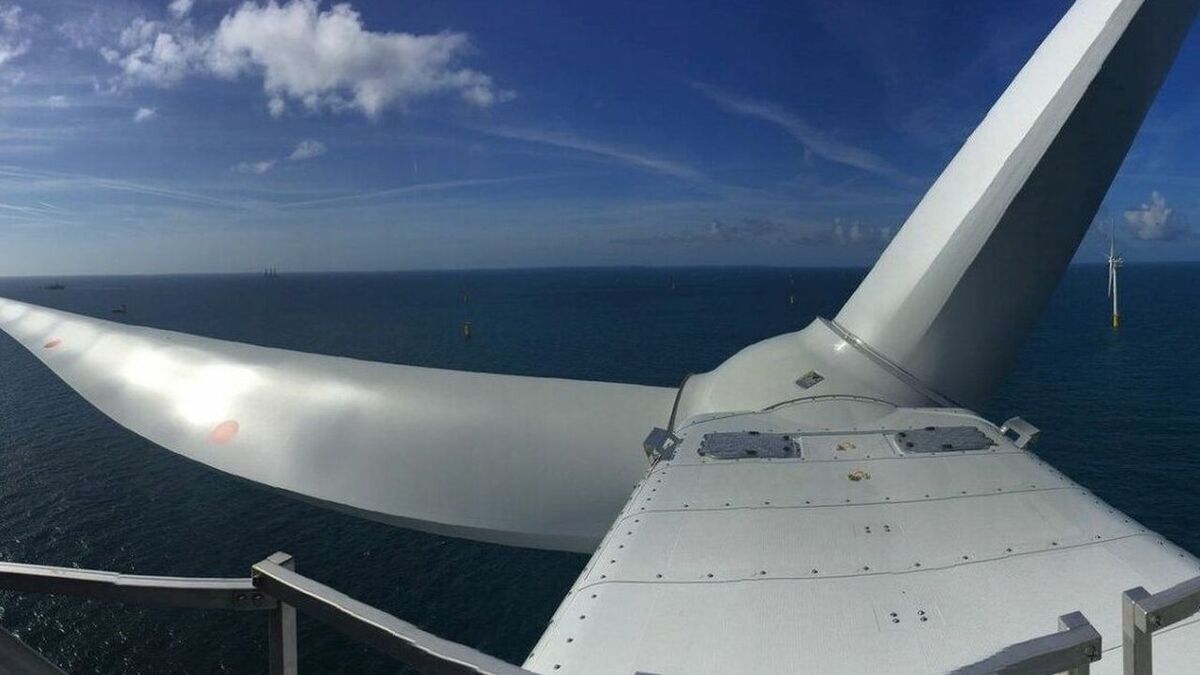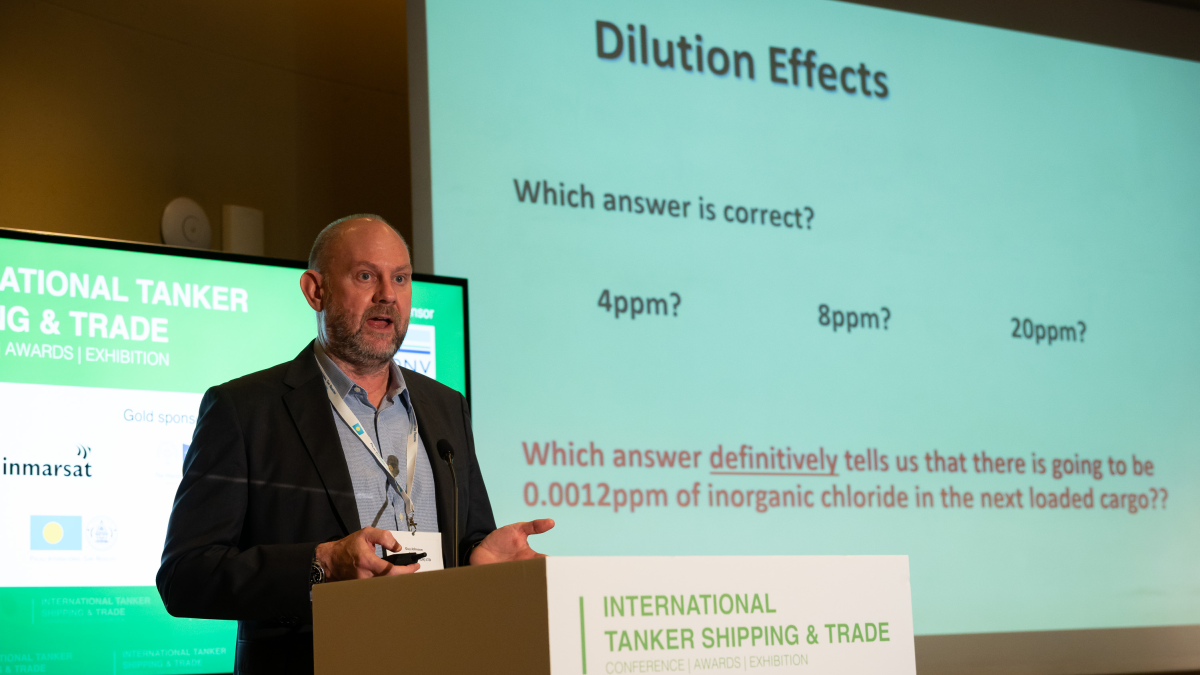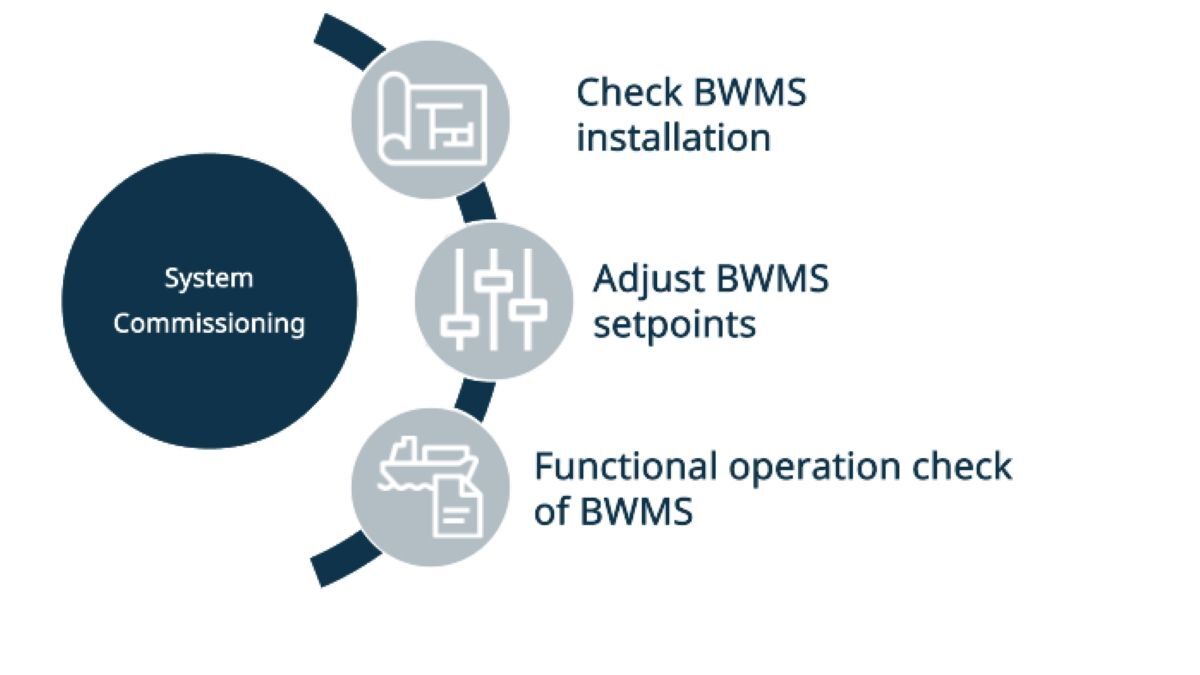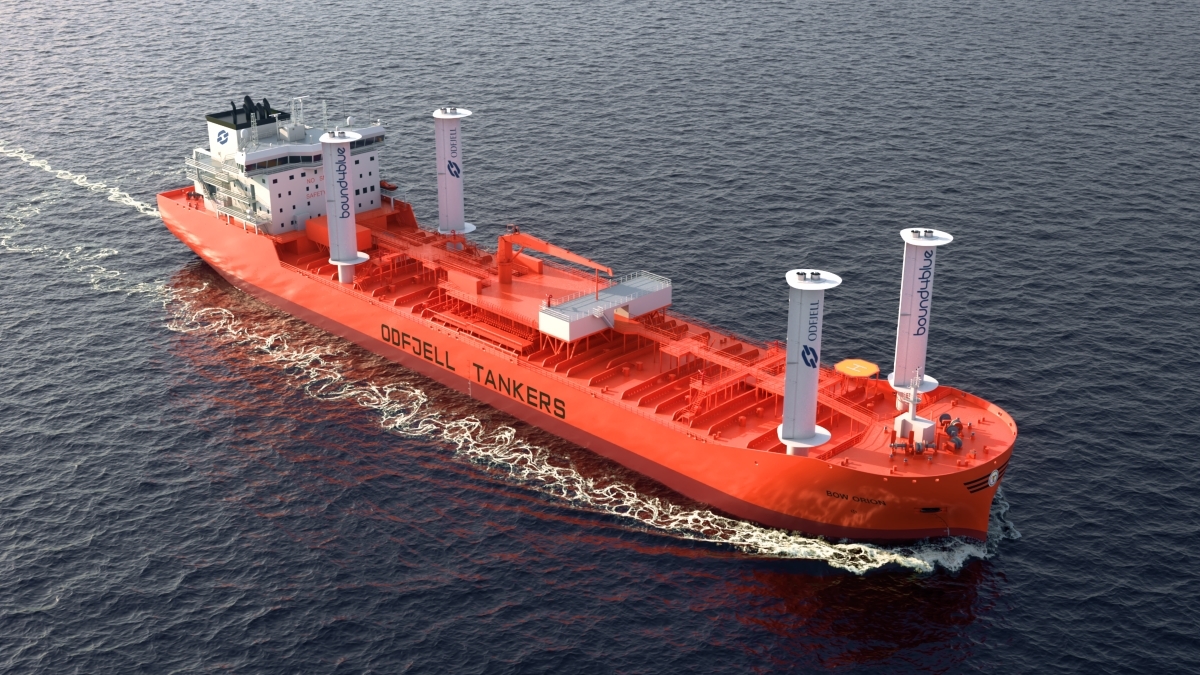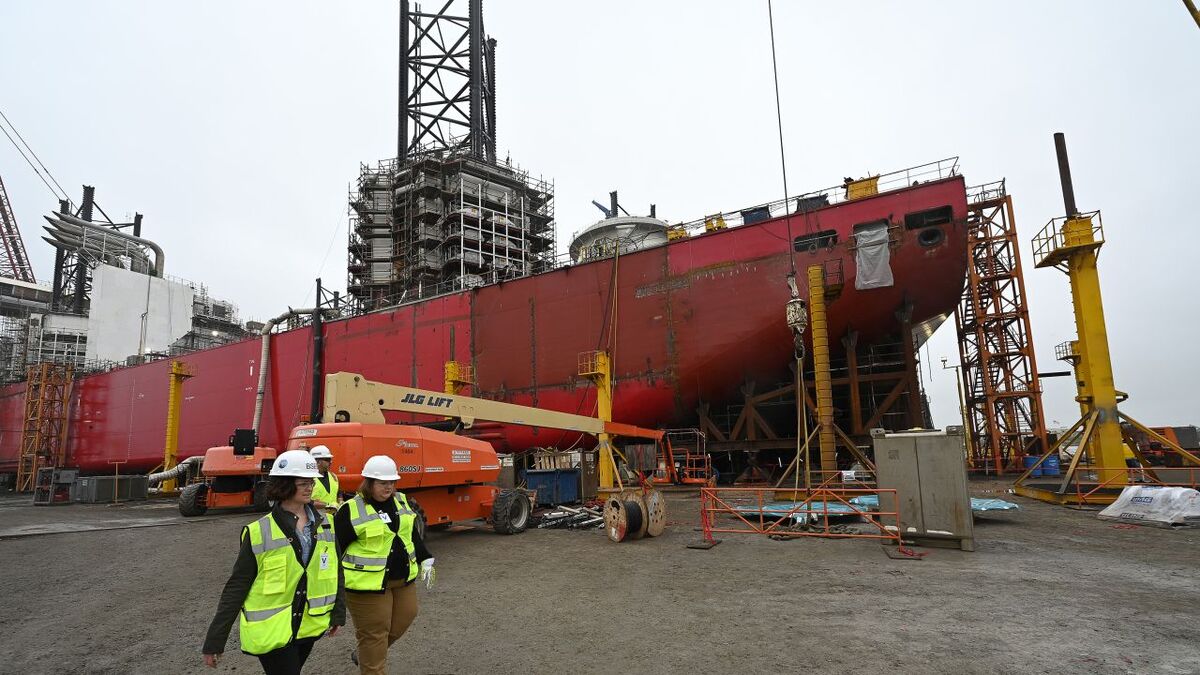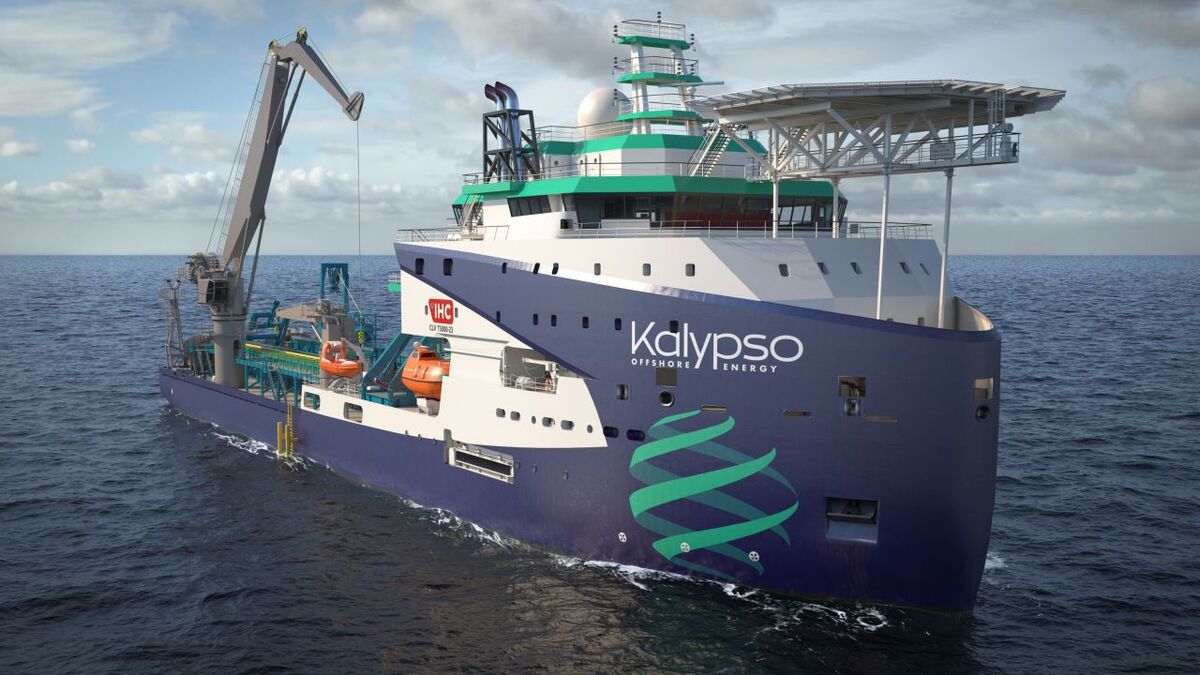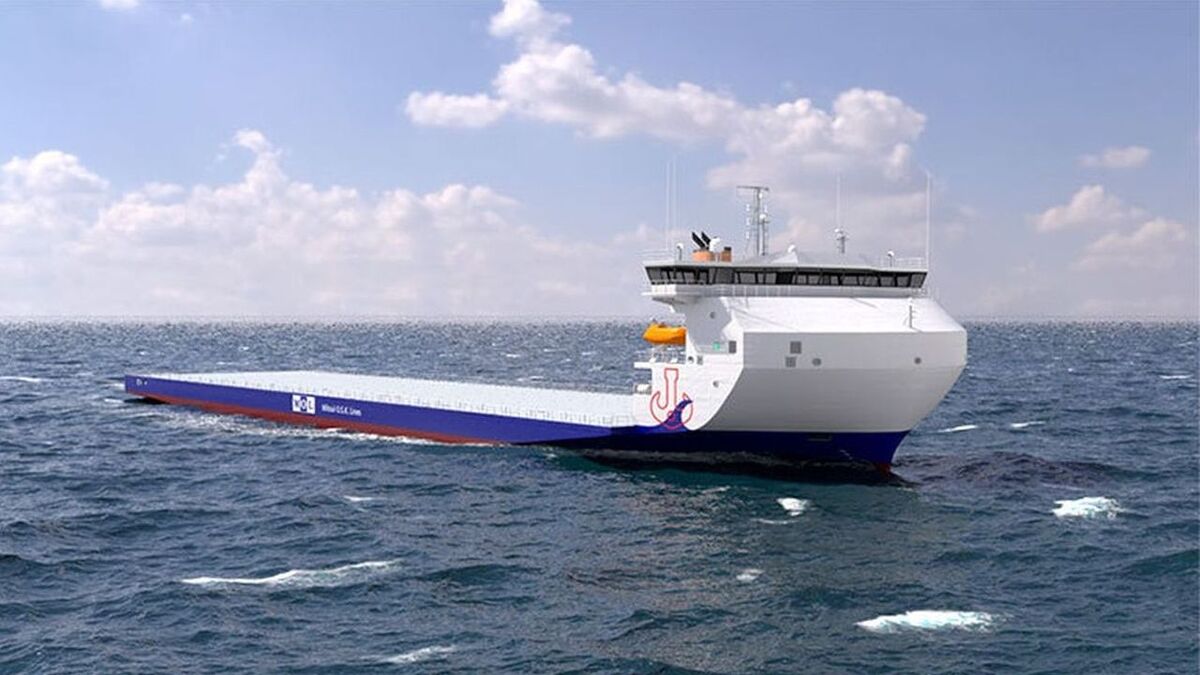Business Sectors
Events
Contents
Bulgaria, Romania debate best approach to offshore wind
With interest in offshore wind in the Black Sea growing quickly, the Bulgarian Wind Energy Association and WindEurope recently held a meeting to discuss what needs to be done to facilitate development
The meeting gathered key stakeholders from the Bulgarian and Romanian public authorities and the European Commission, along with wind industry investors, to exchange ideas about the potential for offshore wind deployment in the Black Sea.
The World Bank estimates that the Black Sea has 453 GW of technical offshore wind potential – 269 GW for bottom-fixed and 166 GW for floating offshore wind. The Romanian Parliament is debating a draft offshore wind bill and Bulgaria is starting to look into offshore wind deployment.
Participants agreed that the first step to kick-starting offshore wind is upfront planning, especially maritime spatial planning, and bilateral collaboration between Bulgaria and Romania. Neither of the countries currently foresees offshore wind deployment in their 2030 National Energy & Climate Plans, but this has to change for the update of the plans in 2023.
“Giving clear visibility on the desired offshore wind expansion by 2030 is critical for attracting investment,” said WindEurope. “And it would be even better if Bulgaria and Romania co-operate on a joint offshore wind project that qualifies as a flagship European initiative under the EU Offshore Renewable Energy Strategy.
As recently highlighted by OWJ, EU Commissioner for Energy Kadri Simson has exhorted central European countries planning offshore windfarms to co-operate and said cross-border collaboration is the key to success. The Commissioner said countries in central Europe are ideally placed to take advantage of offshore wind as a source of clean energy and job creation. She urged them to recognise the advantages of a joint approach to project development and think not of where their borders are but of sea basins, which they can exploit by working together. Ms Simson said, “We need to make sure we are not planning in isolation. Think basins, not borders. We need to look beyond national interest and co-operate.”
WindEurope said a second step would be to ensure offshore wind can co-exist with other economic sectors. National Maritime Spatial Plans (MSPs) are critical to that end. The EU member states are submitting their MSPs by March 2021. They outline possibilities for offshore wind deployment for the next six years in every country. Neither Romania nor Bulgaria have indicated offshore as a priority sector in the MSPs so far and participants concluded this needs to change as a matter of priority.
“Next,” said WindEurope, “the two countries’ National Recovery & Resilience Plans need to channel investments in the right priorities for offshore wind expansion. These plans, due to be submitted to the European Commission by end April 2021, outline how EU member states plan to invest the €653Bn (US$789Bn) EU Recovery & Resilience Facility.”
Bulgaria is focusing on the digitalisation of electricity grids and on hydrogen infrastructure, while Romania wants to further strengthen its power grid expansion and reinforcement planning. But WindEurope said both plans miss port infrastructure investments that will be key for offshore wind deployment and that could turn out to be core funding proposals for both countries.
Participants also stressed the need for a robust regulatory framework for offshore wind and that the contracts for difference concept would be a preferred way to finance offshore wind in the Black Sea because it is inexpensive for governments – they pay out and get paid back depending on market prices, and it reduces financing costs which means lower bills for energy consumers.
Last but not least, how Bulgaria and Romania handle biodiversity when deploying offshore wind in the Black Sea is also an important consideration. WindEurope said they could use the best practices spelt out by the Offshore Coalition, a collaboration between leading European NGOs and TSOs for the deployment of offshore wind in full respect with nature protection and healthy marine ecosystems.
Riviera’s Offshore Wind Journal Conference will be held on 25 March 2021 - use this link for more details and to register for this virtual conference
Related to this Story
Events
Maritime Cyber Security Webinar Week
International Chemical & Product Tanker Conference 2024
Marine Propulsion: Fuels Webinar Week
How enhanced connectivity is propelling maritime into the AI era
© 2023 Riviera Maritime Media Ltd.


